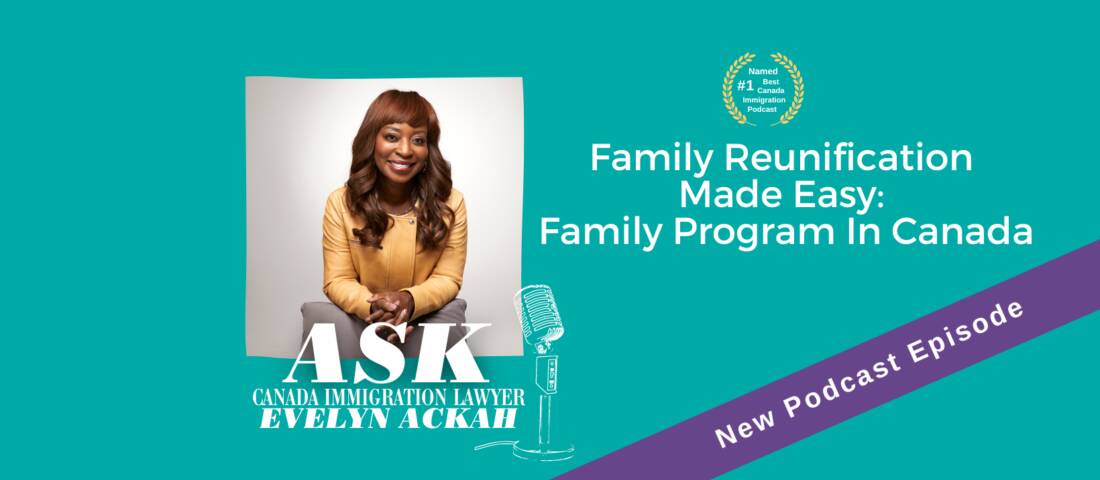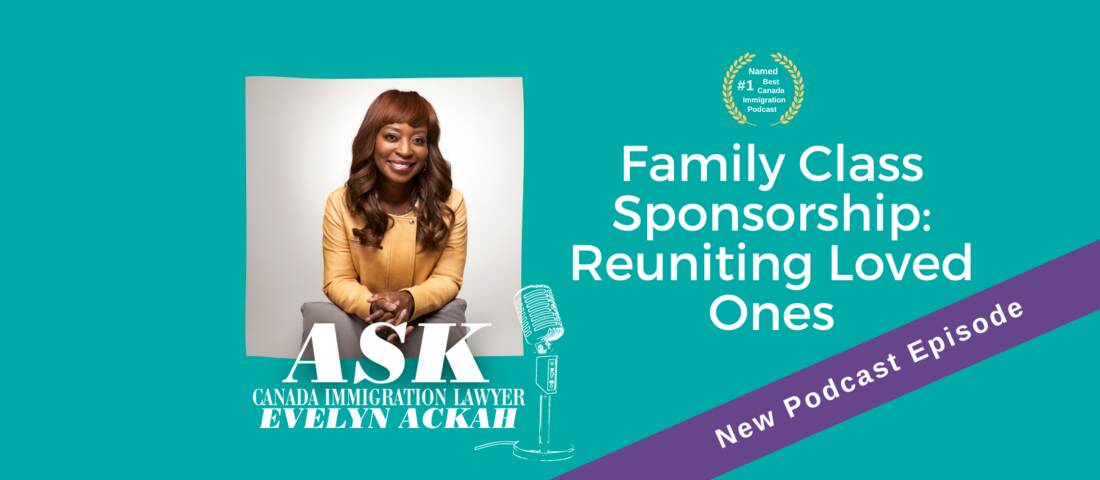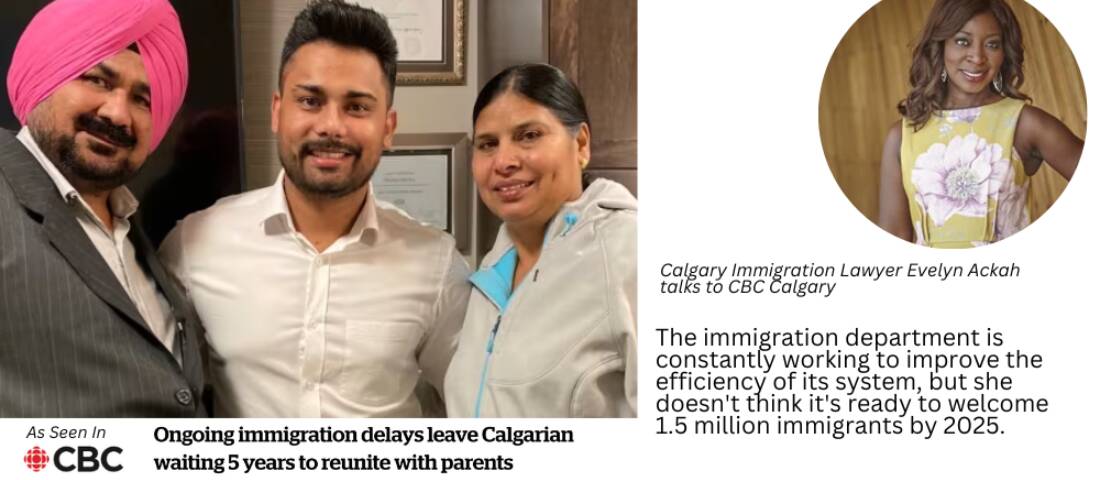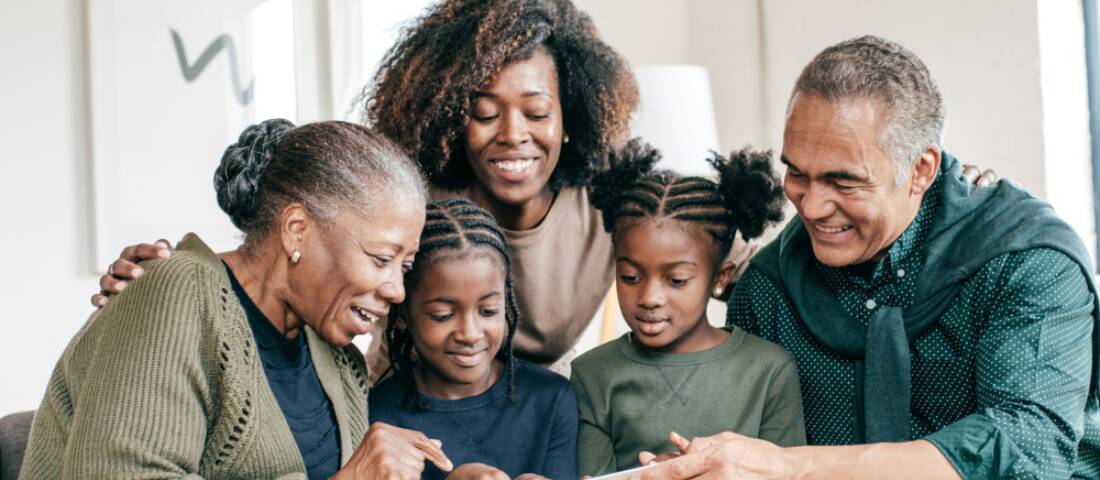Canada's Parent Grandparent Sponsorship Program (PGP) reopened for applications in a first-come, first-served online application system on January 28, and IRCC and Immigration Minister Hussen are now facing serious criticism from families and immigration lawyers due to the way the relaunch was handled.
In August 2018 IRCC ended the PGP lottery system to streamline access to the lottery system and improve the client experience. In addition, IRCC committed to increasing the number of PGP applications accepted to the program in 2019.
All Spots Filled in Less Than 10 Minutes
When the PGP Program relaunched at noon on January 28, 2019, all 20,000 online applications were filled within 10 minutes. Immigration Canada told Global News more than 100,000 people tried accessing the application form on Monday. Only 27,000 succeeded.
Immigration lawyers said that the system is discriminatory to immigration applicants who have trouble filling the form out quickly – due to a disability, for instance. The consequences of inaccurate information on an immigration application can be severe, so it can take more time to complete an application if your first language is not English or French.
Relatives who were unable to apply in 2019 for the PGP Program can apply for a Super Visa, says immigration lawyer Evelyn Ackah. While they will not have access to health insurance or be eligible for employment, a Super Visa will permit them to stay in Canada for up to two years. A Super Visa is only available to someone who is either the parent or grandparent of a Canadian citizen or permanent resident of Canada.
If you have questions about sponsoring your parents or grandparents to move to Canada, or about Super Visas, contact us.








